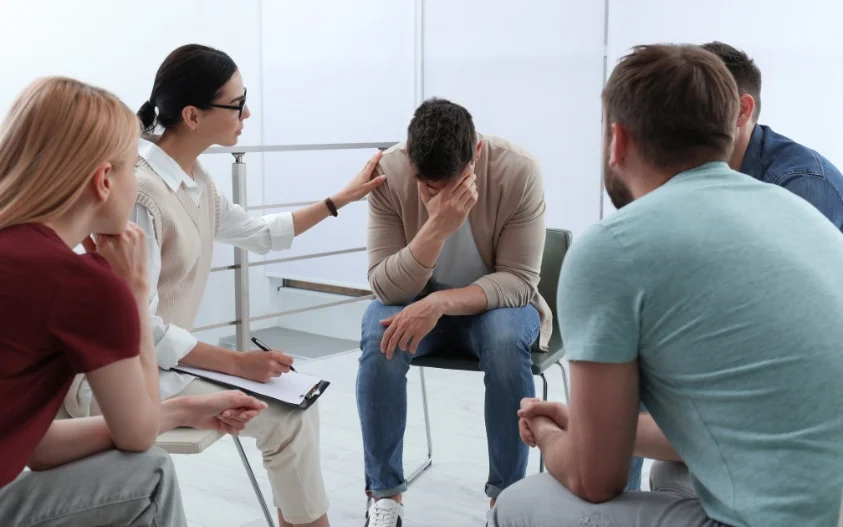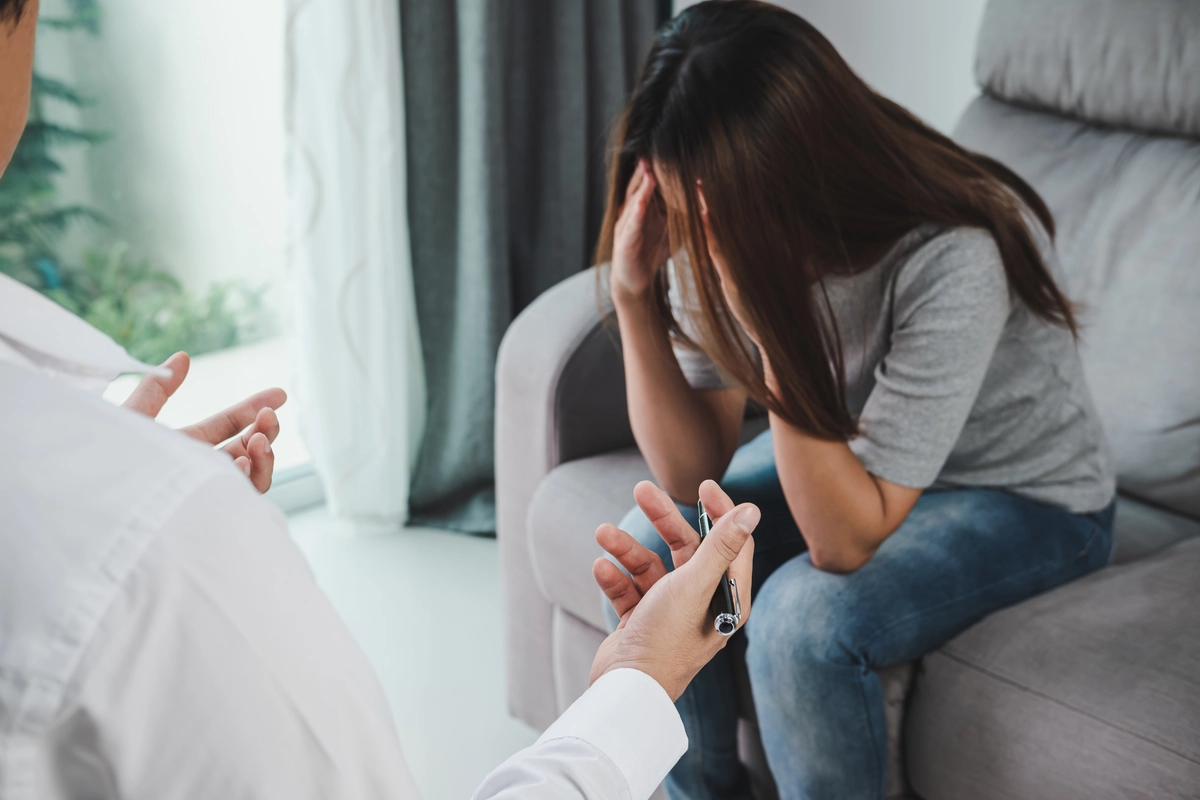24/7 Helpline:
(866) 899-221924/7 Helpline:
(866) 899-2219
Other Insurance Options

Choice Care Network

Multiplan

Horizon Healthcare Service

Meritain

Lucent

Health Choice

Cigna

Anthem

Optum
Beacon

Ceridian

Kaiser Permanente

CareSource

Oxford

Health Partners

Amerigroup

Carleon

Group Health Incorporated

AllWell

Evernorth
























